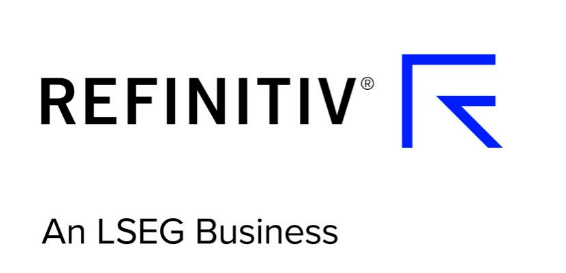Cash ISA reform: Wrong idea or long overdue?
Experts debate whether a lower cash allowance would encourage investment.
- Patrick Sanders
- 2 min reading time

Source: Trustnet
With two weeks left to go before the UK Budget, experts have found themselves divided on rumours that chancellor Rachel Reeves could be considering slashing the annual cash ISA allowance by as much as £10,000.
At present, ISA savers can freely allocate an annual £20,000 across a Stocks-and-Shares and a Cash ISA account, where the money grows tax-free. By capping the cash allowance to £10,000 (or a number between £5,000 and £12,000, according to different sources), Reeves is hoping the money would flow from cash to UK-based investments.
However, industry experts have challenged this assumption. Cecilia Mourain, chief savings officer at Moneybox, said: “There is mounting evidence that reducing the cash ISA allowance would fail to achieve the chancellor’s goal of stimulating investment.”
Just 9% of savers would consider increasing their investments if the savings product was cut, Moneybox research has found (although AJ Bell has this number higher, at 20%).
Additionally, the cash ISA is one of the UK’s most “trusted and widely used financial products” – cutting it at a time of economic uncertainty risks “undermining momentum and eroding trust”, which are “essential to enable the industry to intelligently guide and support people on their journey from saving to investing,” Mourain said.
Tom Selby, director of public policy at AJ Bell, was also sceptical. While he agreed that encouraging people to invest is the “right policy goal”, reducing the Cash ISA allowance is the “wrong way to achieve it”.
Instead, he suggested merging cash ISAs and Stocks and Shares ISAs into a single hybrid product, which would “simplify the landscape and make it easier to transition into long-term investing”.
But other experts were more bullish on the prospect of reducing the cash ISA allowance.
Michael Healy, UK managing director at investment and savings platform IG, said: “The chancellor is absolutely right to tackle the UK’s overreliance on savings, starting with a product that does nothing for long-term wealth creation – the cash ISA.”
IG analysts estimated that if the allowance were cut by £10,000 and 28% of the 2.8 million cash ISA holders who currently save more than £10,000 a year moved the excess into stocks and shares ISAs, around 780,000 people could boost their returns by a total of £7.2bn over the next five years (based on projected interest rates falling to 3% by 2028/29).
“The reality is that this reform is sensible, proportionate and long overdue. We urge the chancellor to stick to her guns,” Healy concluded.
Important legal information
Bank of Scotland Share Dealing Service is operated by Halifax Share Dealing Limited. Halifax Share Dealing Limited. Registered in England and Wales No. 3195646. Registered Office: Trinity Road, Halifax, West Yorkshire HX1 2RG. Authorised and regulated by the Financial Conduct Authority, 12 Endeavour Square, London, E20 1JN under number 183332. A Member of the London Stock Exchange and an HM Revenue & Customs Approved ISA Manager.

The information contained within this website is provided by Allfunds Digital, S.L.U. acting through its business division Digital Look Ltd unless otherwise stated. The information is not intended to be advice or a recommendation to buy, sell or hold any of the shares, companies or investment vehicles mentioned, nor is it information meant to be a research recommendation. This is a solution powered by Allfunds Digital, S.L.U. acting through its business division Digital Look Ltd incorporating their prices, data news, charts, fundamentals and investor tools on this site. Terms and conditions apply. Prices and trades are provided by Allfunds Digital, S.L.U. acting through its business division Digital Look Ltd and are delayed by at least 15 minutes.

Data provided by FE fundinfo. Care has been taken to ensure that the information is correct, but FE fundinfo neither warrants, represents nor guarantees the contents of information, nor does it accept any responsibility for errors, inaccuracies, omissions or any inconsistencies herein. Past performance does not predict future performance, it should not be the main or sole reason for making an investment decision. The value of investments and any income from them can fall as well as rise.

© 2025 Refinitiv, an LSEG business. All rights reserved.



